What "And Just Like That" and "Diana: The Musical" Have in Common
Are there some stories we shouldn't tell?
When news broke last week that the Season 3 finale of And Just Like That would be a series finale, my first reaction was…to check the feed of my favorite podcast to hear their take.
I stopped watching the highly anticipated, deeply disappointing next chapter of Sex and the City a few episodes into Season 2. Where Sex and the City was appointment television, And Just Like That is a show you can’t wait for new episodes to drop for a very different reason. Mainly, so you can listen to podcasters and TV critics roast dissect it.
Is it masochism that drives rabid SATC fans to continue watching? Or is it that we do not derive pleasure from it; we are an audience bearing witness to the act of transforming these women into characters we no longer recognize? Are we angry that it feels like the show wasn’t careful with our beloved group of girlfriends? SATC wasn’t without its faults. In an attempt to correct all of the critiques of the original show—lack of diversity chief among them—they forgot what we loved about these four three women to begin with.
After two movies (although SATC 2 should have been the writing on the wall), Carrie, Miranda, and Charlotte gracing the silver screen again felt like Christmas. Instead, it was more of a Nightmare Before Christmas, sans the killer tunes. (Seriously, an episode featuring karaoke with at least three Broadway vets, INCLUDING PATTI LUPONE!?, and none of them sing? What were we doing here?)
Besides financial gain, was it worth it to revive these characters in a new series? How long could the show bank on nostalgia before it wore out? (Turns out, it’s 3 seasons.) Was this the story we needed, or wanted, told?
I had similar thoughts when watching Diana, The Musical on Netflix last month. A musical about the late Princess of Wales makes sense. How hadn’t it happened sooner?
After watching it, I thought, “It’s a tragedy that this is the Diana musical we have.”
Like AJLT, Diana: The Musical should have worked. It had an all-star team behind it, including the duo behind the Tony Award-winning musical, Memphis, Joe DiPietro and David Bryan (a founding member of Jon Bon Jovi). The show opens in 1980 with the number “Underestimated.” Despite the frenetic dancing from the cockney-sounding paparazzi singing a very basic, 5-syllable, A,B,C,B rhyme scheme, which you quickly learn is the structure for nearly every song in the show, you tenatively allow yourself the audacity of hope that they're on to something.
Flashbulbs fill the air
Frenzy fills the night
Lonely girl aswirl
Lost in blinding light
Could it be a musical theatre exploration of the impact of the paparazzi on Diana and the threat she posed to the monarchy after she died?
Of course not! If that was the case, it probably wouldn’t have lasted a handful of weeks when it returned to Broadway after Covid restrictions were lifted and the Netflix-filmed version aired.
What unspools is a
fevered attempt to fit Diana’s pre-married life until her death into a musical. Diana, played by Jenna de Waal in the Broadway production, sings in 17 of the 24 songs; there is no time for character development, let alone subtlety. A meta look at the musical could be that the show portrays her as the press did, a caricature, but after listening to lyrics like, “A thrillah in Manila with Diana and Camilla,” it’s highly doubtful.
I scoured the reviews at the time to get critics’ reactions. Diana: The Musical was excoriated from the jump with its previews in La Jolla, CA. Charles McNulty for the LA Times wrote at the time:
“The show doesn’t work, but that hardly matters these days for a musical that can draw in the tourist masses.”
It didn’t have to work. It had nostalgia. It had Diana.
The winning analogy goes to Stuart Heritage of The Guardian, who wrote:
Diana: The Musical has the look and feel of an intentional parody; a sort of Springtime for Hitler for Daily Express readers.
It was the NYT’s theatre critic, Jesse Green, who summed it up best:
If you decide to write a musical about a real woman, known worldwide, who died tragically while still a young mother, something more rigorous is demanded. “Diana,” though, is lazy and thus neither entertaining nor insightful […] It’s just exploitative, doing to the Princess of Wales pretty much what the tabloid press — let alone the monarchy — did to her in the first place.
He also questions the decision to tell the story through song at all.
Should some stories never see the light of day?
The musical doesn’t just miss Diana, the person, it misses the relentlessness of the paps, the media ecosystem in Britain, the role of the Monarchy for failing to prepare her for royal life, and later seeing her as a threat to its very existence.
A musical on Diana, or a straight play, could explore the way the very same institution, paparazzi, and press packs have reiggered history, and in the process, their part in Diana’s struggle and demise. Or, how the British Monarchy has co-opted Diana’s popularity and legacy, subsuming it into the popularity of the Monarchy writ large. If she had lived, I doubt that would have been the case. We can look to the coverage up to Diana’s death to get a real sense of how things might have continued had she lived.
Now that’s a story I’d like to see told.
I am going to attempt to tell some of that story over the next few weeks with a series on Diana’s media coverage and her relationship with the monarchy. I look forward to the day when someone with abilities far beyond my own turns this into a piece of media we can consume and feel good about its existence.
-Meredith



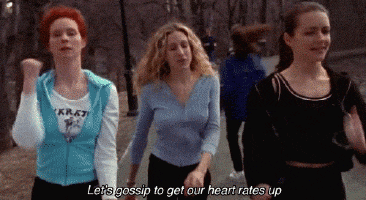
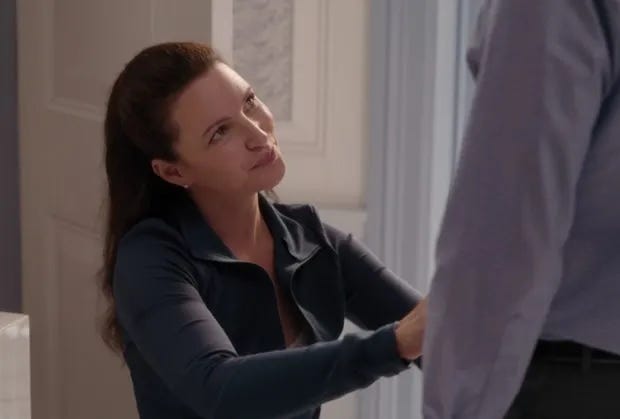
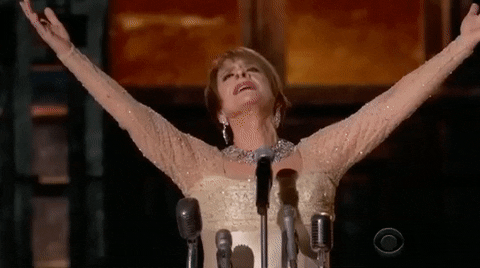
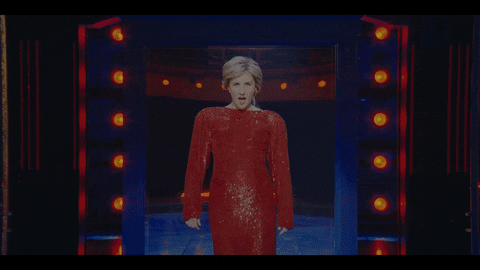
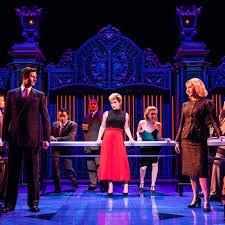
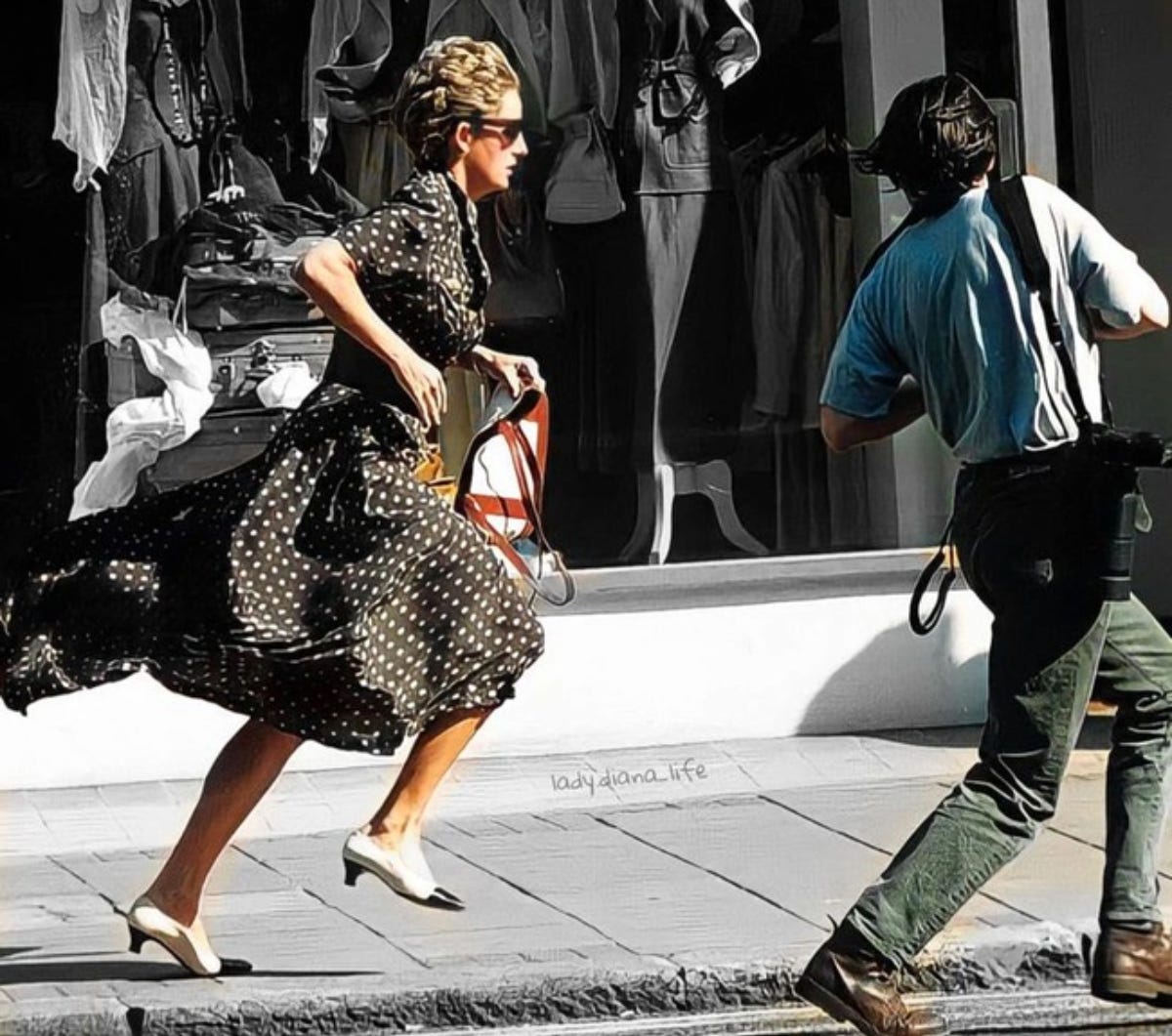
YUP. I just didn't think the latest in Carrie and girls could work....
Diana the musical. I had no desire to watch it. I'm glad you did and confirmed my feelings.
Now digging into Diana verses the paps. I like it. Tabloid reaction to the paparazzi included? I guess so.
Because, I personally feel that after awhile, Diana used the tabloids and paparazzi as a defense against an already out of control royal mechanism.